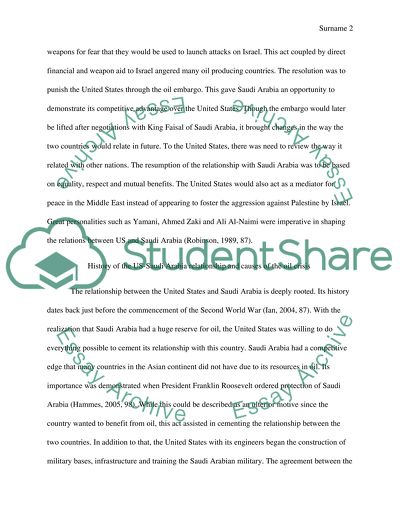Cite this document
(“How did the 1970's oil crisis affect the US SAUDI relations ( in other Essay”, n.d.)
How did the 1970's oil crisis affect the US SAUDI relations ( in other Essay. Retrieved from https://studentshare.org/history/1492427-how-did-the
How did the 1970's oil crisis affect the US SAUDI relations ( in other Essay. Retrieved from https://studentshare.org/history/1492427-how-did-the
(How Did the 1970'S Oil Crisis Affect the US SAUDI Relations ( in Other Essay)
How Did the 1970'S Oil Crisis Affect the US SAUDI Relations ( in Other Essay. https://studentshare.org/history/1492427-how-did-the.
How Did the 1970'S Oil Crisis Affect the US SAUDI Relations ( in Other Essay. https://studentshare.org/history/1492427-how-did-the.
“How Did the 1970'S Oil Crisis Affect the US SAUDI Relations ( in Other Essay”, n.d. https://studentshare.org/history/1492427-how-did-the.


